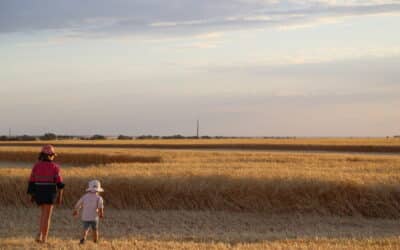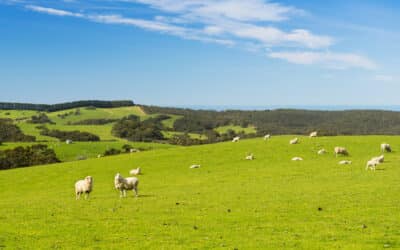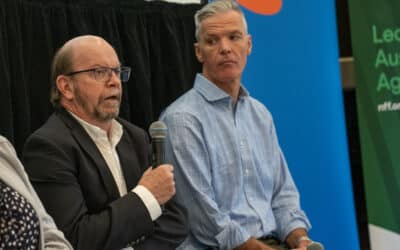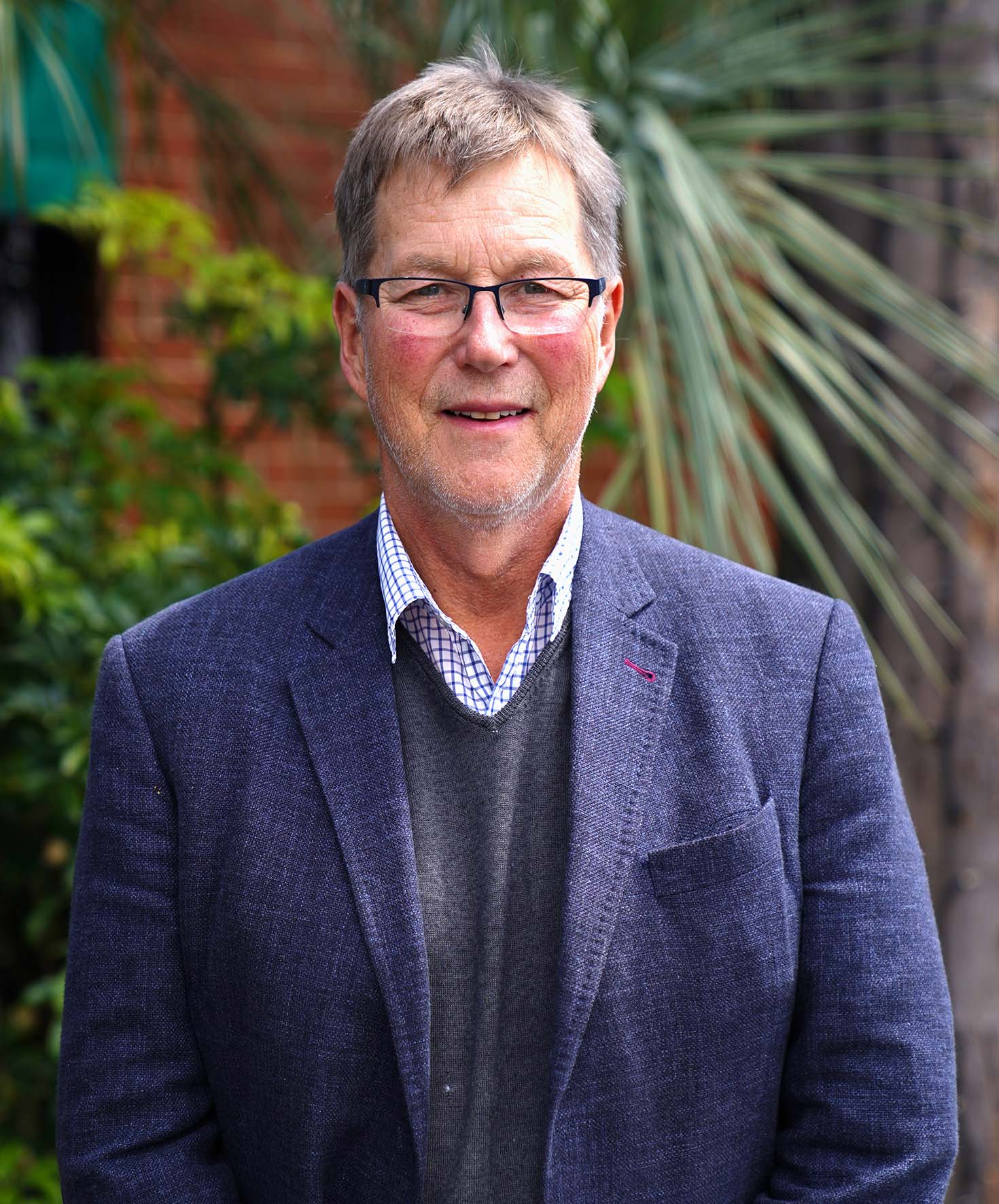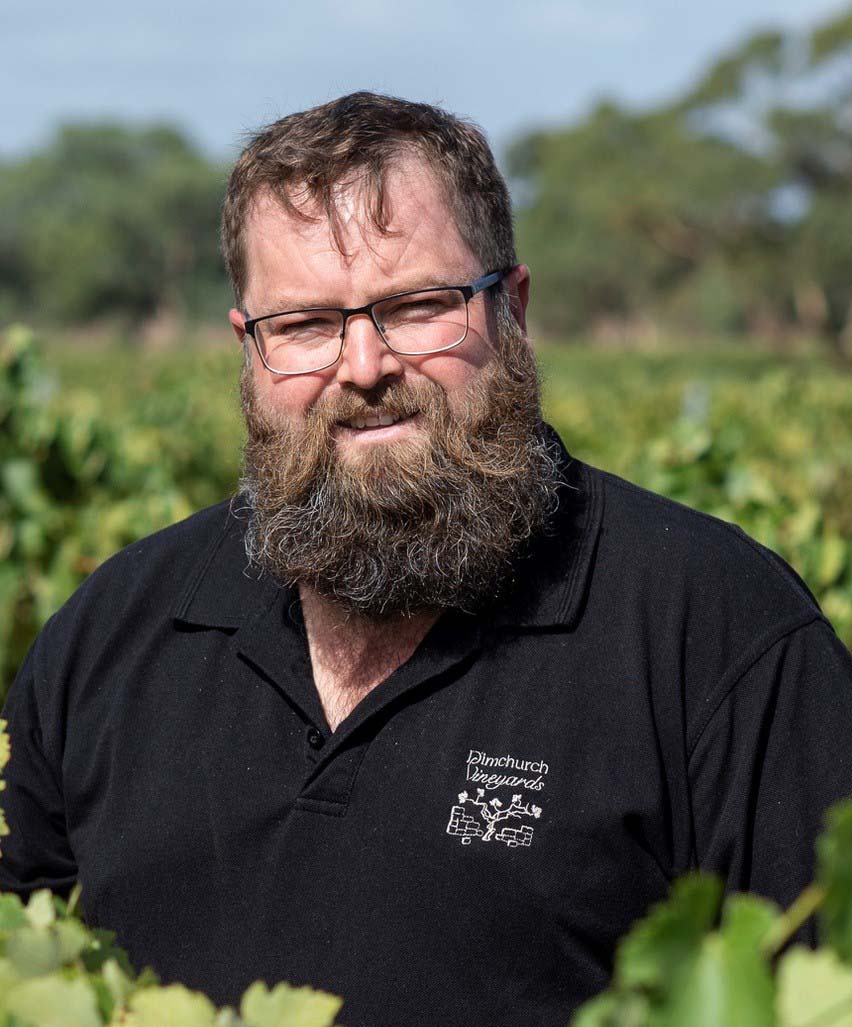Australian Farm Institute’s (AFI) recent roundtable event explored the thorny topic of ESG – investor shorthand to value an industry or company’s performance on environmental, social, and corporate governance metrics – and how it relates to agriculture.
In feeding the growing world population set to reach 9.7 billion people by 2050, one might assume that Australian agricultural sector had a unique value proposition for investors seeking to bolster ESG stocks.
But all too soon into the roundtable’s program, jargon such as ‘green taxonomy’ to describe an investment framework aimed at prioritising environmental outcomes was appearing on PowerPoint slides.
A key message from ESG experts was that farmers needed to improve their ‘climate literacy’ to meet demand from capital markets, consumers and ultimately international markets, by demonstrating sustainability credentials.
By the morning tea break, one astute Nuffield scholar in the crowd made the point that during the opening panel session of speakers, three different interpretations of ESG had already been presented.
What practical solutions could be pursued on-farm if there was no common definition?
Later in the day, roundtable delegates were told by Federal Minister Murray Watt that sustainability is central to Labor’s political agenda for agriculture, which includes engaging First Nations people on co-design principles to transition to net zero, improve environmental outcomes and adapt to a changing climate through new policies.
Clearly the term sustainability provides a broad policy mandate, even before Australia signed up to the Global Methane Pledge in the proceeding days.
So will it still be possible for Australian agriculture to achieve its $100 billion in farmgate revenue by 2030, while also reducing emissions under an economy-wide target?
The answer may just lie in an alternative income stream being mooted by governments of all persuasions – the potential of carbon as a rural commodity.
Environmental markets – including domestic carbon and biodiversity – are increasingly promoted by governments as a growing commercial opportunity for agriculture. The SA Government’s Carbon Farming Roadmap will be released later this year in line with this thinking.
Farmers are being told they have a significant role to play in the carbon offset market and will be encouraged to pursue economic opportunities arising from carbon farming.
Yet demand from global markets will accelerate the need to reduce emissions of greenhouse gases in agricultural supply chains – including at the farm level – so why would farmers trade away carbon credits at this time of evolving government policy and market uncertainty?
There appears to be an urgent need for independent and practical advice to better inform potential decisions at the farm level; be that selling of carbon or biodiversity credits, or retaining them for future risk.
Perhaps the strongest conclusion to be drawn from the AFI roundtable relates to the panacea of carbon farming, that ”…industry and producers should proceed with extreme caution but failure to begin to engage today may have ongoing consequences into the future”.
To remain relevant in the ESG world, farm groups such as PPSA need to articulate sustainable agricultural policies and work to shift community expectations in responding to both State and Federal government initiatives, without losing sight of why our sector is so important in feeding a growing world population.
After all, it is all in the definition.
This column was written by PPSA CEO Caroline Rhodes and first appeared in the 27 October 2022 edition of Stock Journal. Ms Rhodes is also a director of the Australian Farm Institute.

